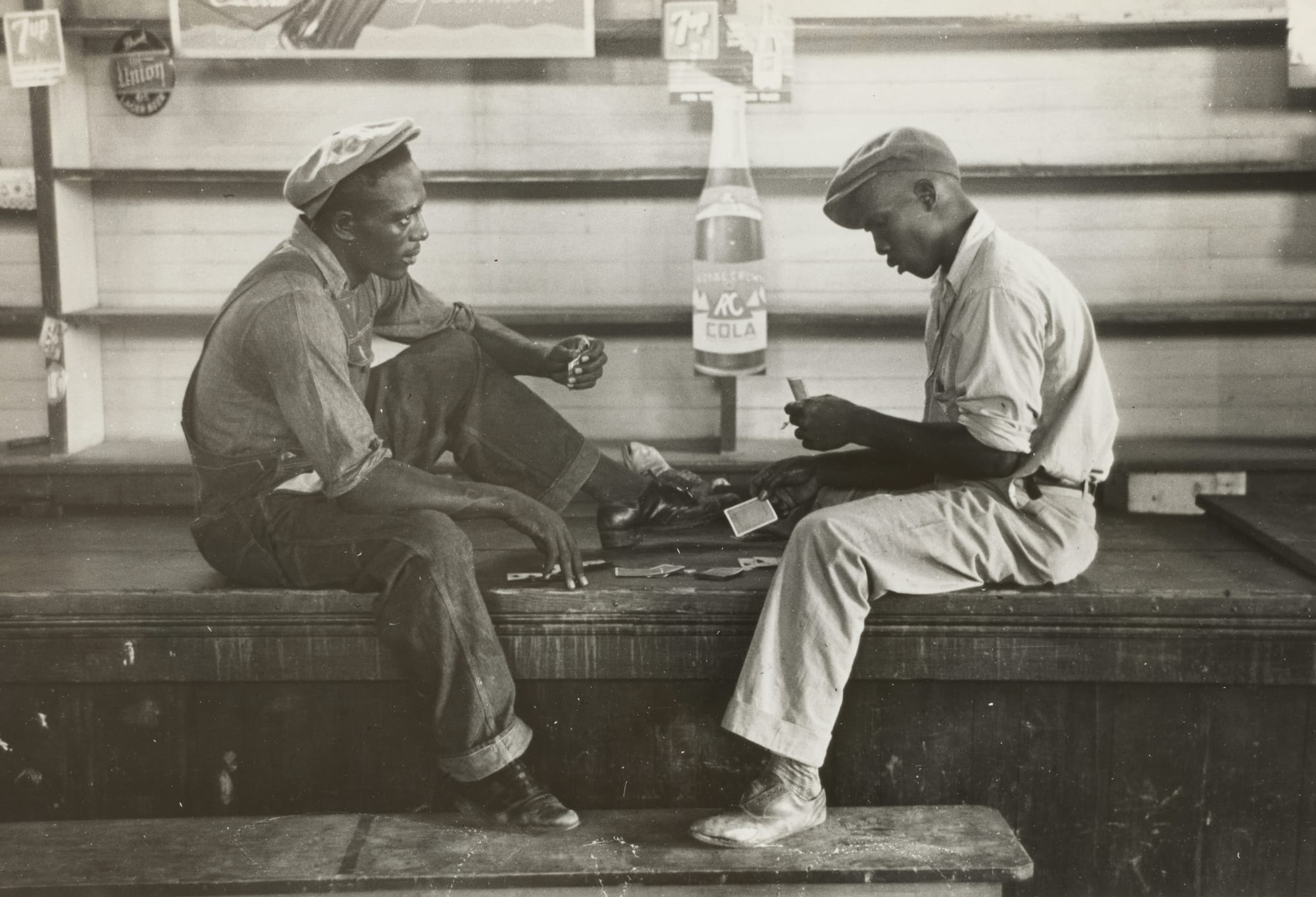Craft Corner: Writing Real Dialogue in Rural Southern Voices

Capturing authentic Southern dialogue goes far beyond sprinkling in “y’all.” As respected Southern writers know, it’s about rhythm, respect, and cultural truth.
Ron Rash (Appalachian novelist)
“I don’t want to sentimentalize these people… but I don’t want to demonize them, either…. These are people in a different landscape, but we understand them as human beings”
Rash stresses that balanced portrayal—avoiding both caricature and pity—and grounding characters in deeply human motivations.
Teagan Geneviene (author of Atonement, Tennessee)
“To me, … writing in a way that makes the reader feel they are in a place in the southern United States … without resorting to stereotypes, or overt reminders that ‘Hey, you’re in a southern place.’”
She emphasizes subtlety: evoke place through tone and cadence, not stereotypical markers.
Lance & Tara (literary voices on Southern speech)
“Southern storytelling is musical… pick up a copy of Rick Bragg… read a few paragraphs out loud, and you’ll hear it immediately.”
“A Southern voice … has more authenticity when the character is first presented as a person and only then as a person who may have certain distinctive regional or cultural traits.”
They highlight the musicality of rhythm and the primacy of character before dialect.
Key Takeaways for Writers
| Principle | What to Do | Why It Works |
|---|---|---|
| Balance | Maintain dignity and humanity in rural characters | Avoids stereotype or pity; resonates universally |
| Subtlety | Use regionally specific phrasing and cadence, not phonetic spellings | Suggests Southern flavor without distracting readers |
| Musicality | Read dialogue aloud; let rhythm guide phrasing | Brings authenticity and flow |
| Character-First | Let cultural traits enrich, not define, your characters | Keeps the story grounded in humanity |
| Research & Listening | Read Southern writers (Rash, Bragg, Geneviene) and listen to real speakers | Builds nuanced understanding and nuance |
Writing Prompt:
Choose a short dialogue scene. Read it aloud while focusing on pacing, phrasing, and pauses. Ask yourself:
- Does it sound Southern without overdoing the accent?
- Could this voice come from North Georgia, Mississippi, or Eastern Tennessee?
- Does the personality of the speaker come through before their region?
At Porchlight, we believe Southern voices should be heard—rich, honest, and unfiltered. Explore our Read archive to see strong examples of dialogue that embody this craft. And when you're ready, we’d love to hear your work—submit it and let your South‑sounding characters shine.